Of all the stories I’ve heard about the fallout from Brexit — families divided, work jeopardised, friendships ended — the saddest was someone on Facebook who declared that he would never again visit a Wetherspoons because the proprietor, Tim Martin, pushed for a Leave vote. This seemed to me the definition of cutting your nose off to spite your face; imagine turning down cheap beer because of the EU! But it also disrupts one of the fundamentals of a liberal society: that you do business even with those whom you disagree. Voltaire marvelled at this concept on his visit to the London Stock Exchange: ‘Here Jew, Mohammedan and Christian deal with each other as though they were all of the same faith, and only apply the word infidel to people who go bankrupt.’
But it’s then long been fashionable to sneer at Wetherspoons. Perhaps it’s because they sell such cheap beer. In London a pint in Wetherspoons will cost you less than two thirds of what you’ll pay in the place with gastro pretensions up the hill. They can offer these prices because they have massive buying power: more than 1,000 pubs around the country. It’s a far cry from when Tim Martin bought his first pub in 1979 and decided to name the company after one of his old teachers who couldn’t control the class — which was how Martin felt about trying to run a pub.
It has to be said, those prices do mean that you get some colourful characters in a Spoons. The one in Liverpool Street station is particularly intimidating, full of loud men with shaven heads having a few before their trains back to Billericay. In a cavernous converted bank or cinema — typical Spoons venues — you’re not going to get the burble of conversation, the crackle of an open fire and the landlord’s wife’s shepherd’s pie.
So by the standards of that mythical pub we all have in our minds, Wetherspoons falls short. But then so do 99 per cent of pubs. Most are owned by chains. One of the biggest, Mitchells & Butlers, also own Nicholson’s, Harvester and All Bar One. Many pubs that look independent aren’t: our local in Blackheath, the Hare & Billet, is owned by the Metropolitan Pub Company. But being part of a chain doesn’t stop your average Wetherspoons from being something of a drinker’s paradise. Whereas until recently many pubs considered doing real ale a chore, Wetherspoons have always prided themselves on their selection. The food isn’t bad either (I recommend the curries and the meat pies). In a strange town, a Spoons can be a refuge.
As with all chains, there are good Spoons and bad. The best have a sense of community lacking in more upmarket neighbours where the regulars have been priced out. I experienced the full magic recently at the Brockley Barge in south-east London. The beer, of course, was good and cheap — but even better was the atmosphere. There were postmen enjoying a post-work drink, students, old men eking out their pensions and chubby girls drinking pinot grigio by the bucketload. People were smiling and talking to each other. Maybe I’d had too much discount real ale, but that night I felt like Voltaire at the London Stock Exchange. However you voted in the referendum, can we at least agree that being able to buy a pint of Timothy Taylor’s Landlord for £2.50 is a wonderful thing?
Got something to add? Join the discussion and comment below.
Get 10 issues for just $10
Subscribe to The Spectator Australia today for the next 10 magazine issues, plus full online access, for just $10.

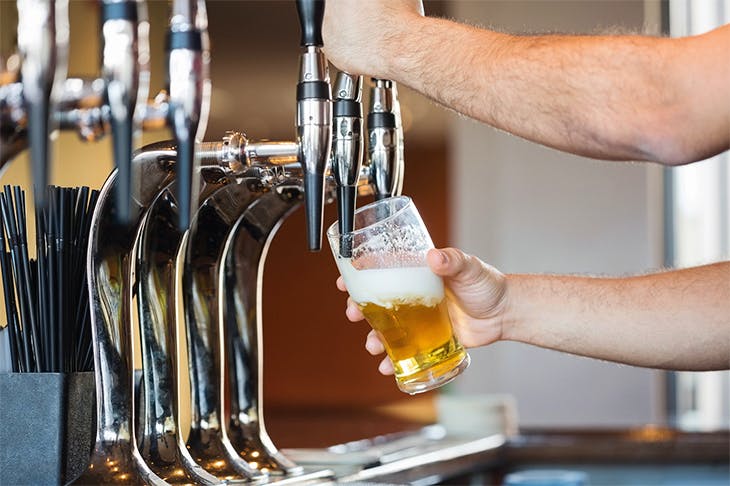
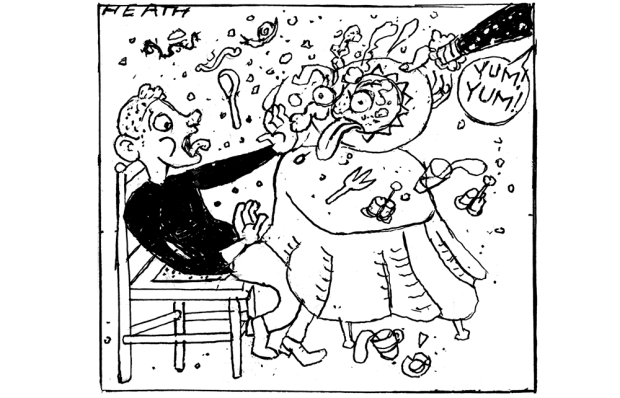
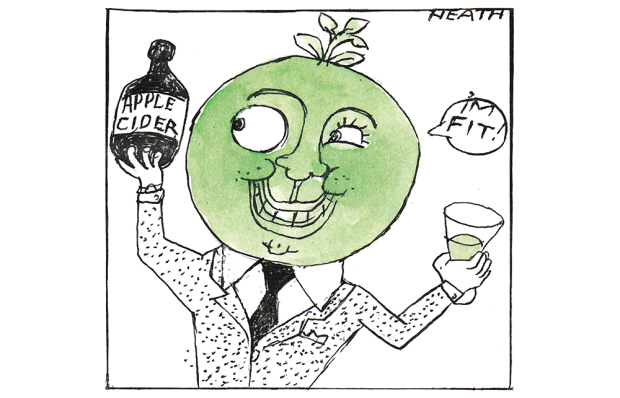
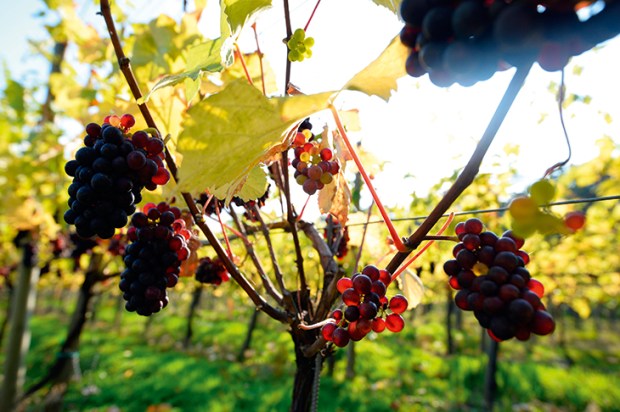
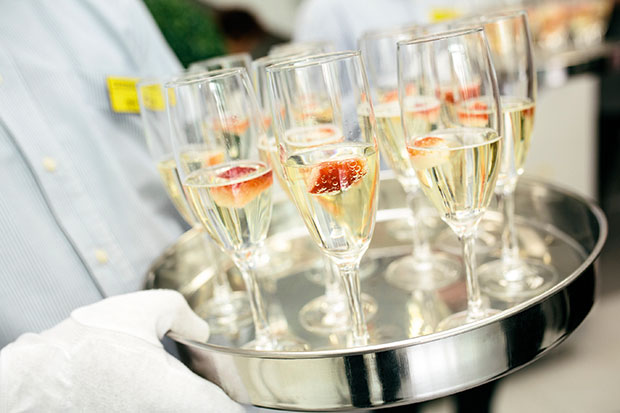
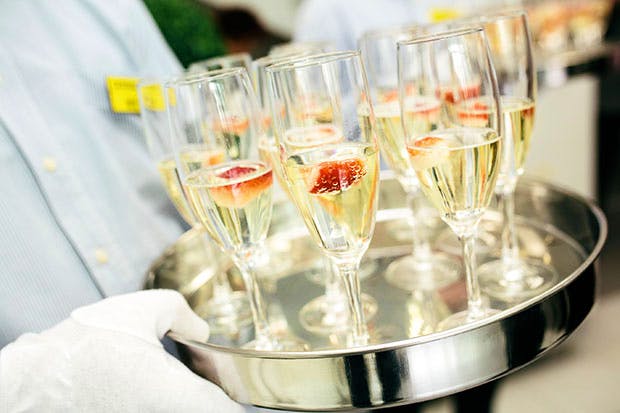
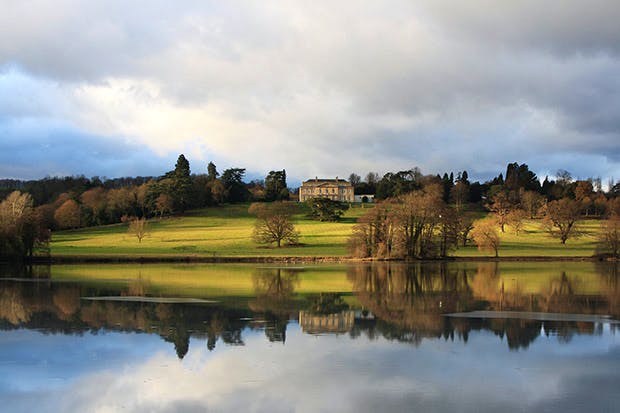






Comments
Don't miss out
Join the conversation with other Spectator Australia readers. Subscribe to leave a comment.
SUBSCRIBEAlready a subscriber? Log in